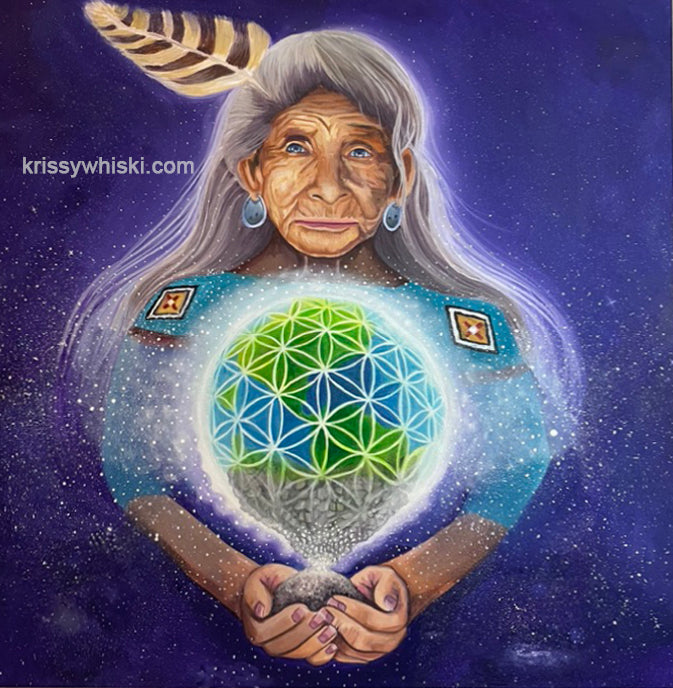
Awakening of Quantum Consciousness
Share
“The Purpose of Knowledge Is Not to Overcome the World — It Is to Overcome the Self.”
In a world where we have more information at our fingertips than ever before — with technology, constant news cycles, artificial intelligence, and endless streams of data — it’s easy to feel overwhelmed. But with all this knowledge available, where should we truly be looking for wisdom and inspiration? What kind of understanding will lead us to the best outcomes — not just for ourselves, but for our communities and for the world?
The answer doesn’t lie in trying to master or control the world around us. Real wisdom begins by looking within. It starts with learning how our minds shape the reality we experience, and how we can live with greater clarity, compassion, and harmony in this deeply inter-connected world.
If you look at the news, things seem hectic right now, but the truth is things change — they are always changing. It’s all pendulum swings. When life feels uncertain or overwhelming, it helps to remember that change is the nature of everything. The world moves through cycles — of calm and chaos, growth and rest, challenge and opportunity. At the heart of this constant change is something remarkable: a web of connection that holds everything together.
Quantum physics teaches us that nothing exists in isolation. The tiniest particles are linked across space and time, and the act of observing something can change what it does. We are not separate from this dance — we are part of it. And when we understand this, we begin to see that true wisdom isn’t about controlling the swings, but about finding our own balance and harmony within them.
Long before quantum physics, Buddhist thinkers explored these same mysteries. The Abhidharma tradition (from around the 3rd century BCE to the 5th century CE) offered a detailed map of reality, describing it as a collection of momentary mental and physical events (dharmas) that arise and fall in rapid patterns. Later, in the 4th–5th century CE, Vasubandhu took these ideas further. His Mind-Only (Yogācāra) philosophy taught that what we think of as the outside world is actually a projection of consciousness. The division between self and other, subject and object, is imagined. Just like quantum theory, Vasubandhu’s teachings remind us that reality isn’t simply something “out there” to conquer. It arises together with our mind. Our task is not to rule the world, and overcome nature. Our task in this life, is to overcome the illusions we create within ourselves.
When we truly grasp this — whether through the lens of modern science or ancient wisdom — we come to see that real knowledge is about honoring our connection to all things, not about trying to control or manipulate the world out of fear. Our emotions, like everything else, rise and fall; they are temporary. What lasts is the deeper truth: the illusion of separateness keeps us divided.
When we let go of the “us and them” mindset, peace has room to take root and grow. We can choose compassion over conflict, generosity over greed, and care over harm. We begin to understand that whatever actions we take with others, to the natural world, or to any part of this web of life, we ultimately do to ourselves.
We are only given so much time in each life to make a difference. What we choose to do — the actions we take, the values we live by, the care we show — becomes the legacy and foundation, we leave behind for the next generation to build on. That’s why it’s so important to look through the illusions that distract us, to see clearly what truly matters. We must ask ourselves: What kind of world do we want to create for those who come after us? Because in the end, the world we shape today is the world our children and grandchildren will inherit tomorrow.
Further listening: